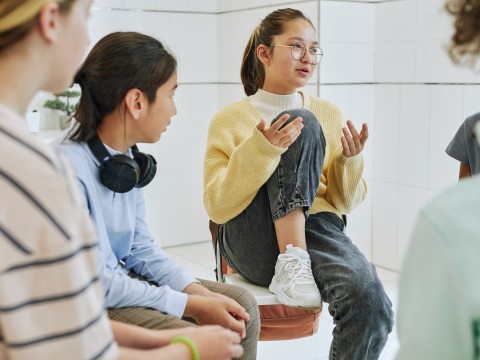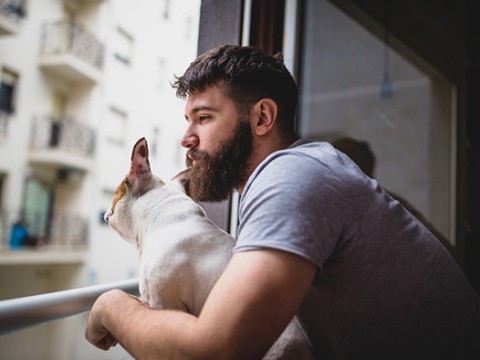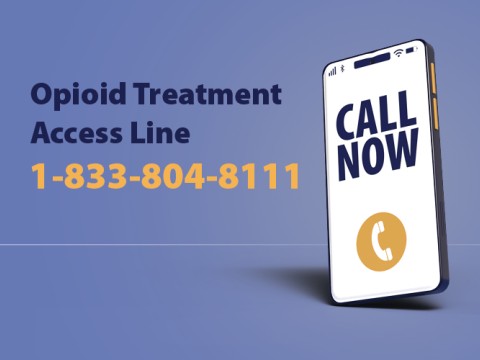Provincial Opioid Addiction Treatment Support Program
Provides clinical care guidance and training programs for all health care professionals in the province who are treating opioid use disorder and are prescribing medication such as buprenorphine/naloxone, methadone, slow-release oral morphine, and injectable opioid agonist treatment.
The program also maintains a province-wide directory of opioid agonist treatment clinics accepting new patients, and makes recommendations to Health Canada regarding health professionals wishing to obtain authorization to prescribe methadone for opioid addiction.
SOGI 123
Free resources for educators and parents to support the sexual orientation and gender identity needs of children and youth.
Representative for Children and Youth (RCY)
Free, confidential services to help young people understand and speak up for their rights.
Vancouver Coastal Health Virtual Health Care
Use Zoom to video conference with your health care provider in the Vancouver Coastal Health region.
bc211 Safe Seniors, Strong Communities
Matching seniors with community volunteers for connection and support.
Kids Help Phone
Free counselling, information and referrals for young people by phone, text and online in both English and French.
First Nations Health Authority Opioid Agonist Therapy Clinic Fees Support
Opioid agonist therapy fee coverage for people in B.C. with First Nations status, through the First Nations Health Authority.
Foundry BC App
A free app and web portal for young people aged 12-24 and their caregivers, for counselling, peer support, tools, and more.
Crisis Centre Distress Services
Help is available. The Crisis Centre provides support 24 hours a day, 7 days a week, for youth, adults, and seniors.


